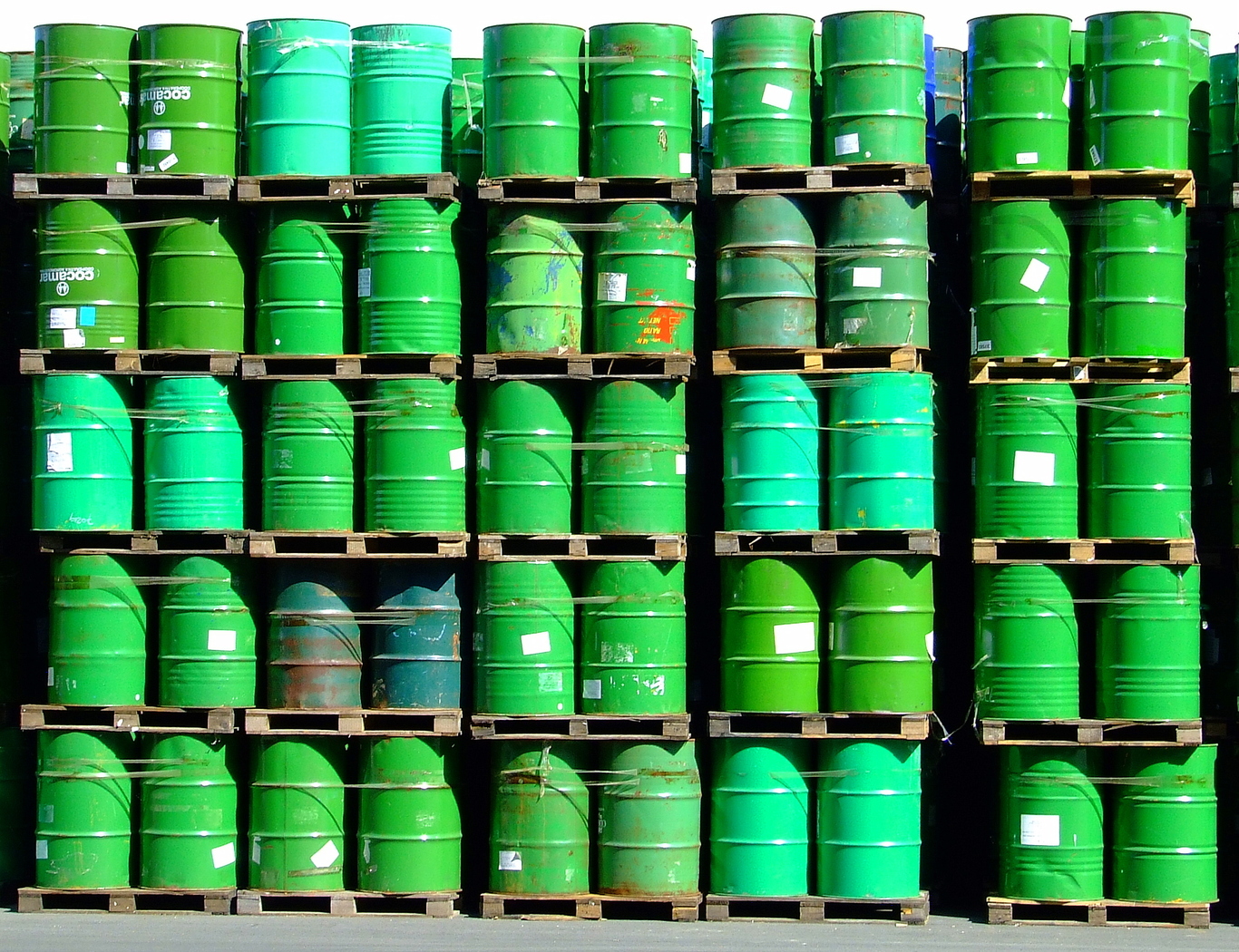Oil prices have surged after a shock deal to cut output
The low value of the commodity has pushed energy prices down worldwide.
THE OPEC CARTEL shocked markets with a deal to cut oil output, but analysts warned the move would not likely have a lasting impact on prices.
The announcement from the oil producers’ group of the first reduction in eight years sent crude prices surging up to 6%.
At the end of six hours of negotiations and weeks of horse trading, OPEC announced the plan to cut production by as much as 1 million barrels per day (bpd) from the nearly 33.5 million bpd produced in August.
The deal, made in Algiers during an informal meeting with Russia, was hammered out after the group’s biggest producer Saudi Arabia agreed Iran, which is ramping up output after years of Western economic sanctions, would be exempted from the cut.
A Saudi-led effort to freeze output collapsed in April after Iran refused to participate in a reduction.
Saudi Arabia and Iran, the Middle East’s foremost Shiite and Sunni Muslim powers, are at odds over an array of issues including the wars in Syria and Yemen.

‘Tipping point’
But analysts said economic pressure from falling oil revenues pushed OPEC members to reach a deal, while others warned OPEC has a poor track record of fulfilling such commitments, and traders are not sure if Saudi-Iran cooperation would hold.
Details, including which countries make which cuts, will be worked out when 14-member OPEC – which produces about 40% of the world’s crude – holds its next twice-yearly meeting in Vienna on 30 November.
The cartel’s richer members, particularly the Gulf states, had preferred to battle it out with non-OPEC producers such as the United States for global market share by keeping production high.
Its refusal to make cuts in the past – despite a painful supply glut and weak demand – had contributed to a slump in prices from more than $100 a barrel in June 2014 to near 13-year lows of below $30 in early 2016.
But Halley said: “Saudi Arabia have perhaps reassessed their dumping oil strategy to put US shale out of business as the pressure on their budgets has clearly reached a tipping point as well.”
The plunge in oil revenues has left Saudi Arabia with a record deficit last year, prompting the country to cut the salaries of cabinet ministers and freeze the wages of lower-ranking civil servants.

Waiting game
However some analysts said the market is likely to be cautious until the details of the deal are worked out, while traders will also be watching whether non-OPEC producers such as Russia, the United States and Canada will also make cuts.
The announcement was immediately cheered on oil markets, with Brent oil, which is used to benchmark most of Europe’s supplies, adding almost 6% at one stage – although prices remain below the recent highs of July.
Energy costs worldwide have dived with low oil prices, with the CSO’s latest consumer price figures showing that end users in Ireland were paying 35% less for fuel in August than in late 2012.
“There has been no agreement for the last eight years and understandably some will remain sceptical,” CMC Markets analyst Alex Furber said.
“There is also the wider consideration of whether non–OPEC members, in particular Russia, will cooperate.
“They are pumping at record post-Soviet levels so there is plenty of supply still out there. This would suggest that the outlook is still quite bearish at present.”
Additional reporting Peter Bodkin






